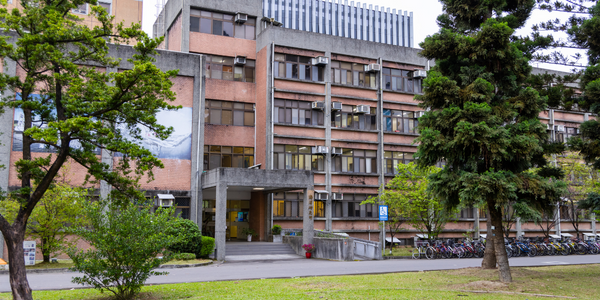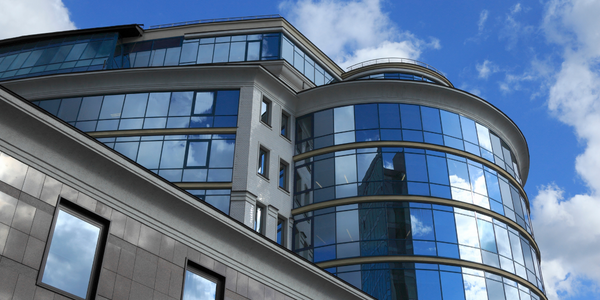Customer Company Size
Large Corporate
Region
- America
Country
- United States
Product
- Verdigris AI energy meters
Tech Stack
- AI energy meters
- Building Automation System (BAS)
Implementation Scale
- Departmental Deployment
Impact Metrics
- Cost Savings
- Environmental Impact Reduction
- Productivity Improvements
Technology Category
- Analytics & Modeling - Predictive Analytics
- Functional Applications - Remote Monitoring & Control Systems
Applicable Industries
- Buildings
Applicable Functions
- Facility Management
- Maintenance
Use Cases
- Building Automation & Control
- Energy Management System
- Predictive Maintenance
Services
- Data Science Services
- System Integration
About The Customer
JLL is a global leader in real estate services, managing over 4.6 billion square feet of property and facility management. The company is deeply committed to sustainability, recognizing that over 40% of total carbon emissions originate from the built environment. In 2019, JLL announced ambitious plans to reduce their carbon emissions by 70% and to collaborate with clients on sustainability initiatives. JLL's Block 300 property in downtown Portland, OR, is a LEED Gold and Energy Star certified building. Despite these certifications, the management team at Block 300 faced challenges in gaining visibility into the building's day-to-day operations, particularly concerning energy usage. This lack of insight prompted JLL to seek assistance from Verdigris to enhance their energy intelligence capabilities.
The Challenge
JLL, a global leader in real estate services, manages over 4.6 billion square feet of property and facility management. They are committed to sustainability, recognizing that over 40% of total carbon emissions come from the built environment. In 2019, JLL announced plans to cut their carbon emissions by 70% and partner with clients on sustainability efforts. At JLL’s Block 300 property in downtown Portland, OR, the management team lacked visibility into the day-to-day operations of the building. Although the LEED Gold and Energy Star certified building had a building automation system (BAS), it did not provide much data on the building’s energy usage. JLL turned to Verdigris for help with the missing energy intelligence.
The Solution
Verdigris installed AI energy meters at the Block 300 building to collect data aimed at improving the efficiency and reliability of electrically-operated equipment. The Verdigris data and analytics provided insights in four key areas: operational transparency, operational cost savings, preventative maintenance, and measurement and verification of energy-efficient upgrades. With Verdigris, the Block 300 team could proactively monitor equipment energy consumption and resolve potential issues before they affected tenant comfort. For instance, they compared two supply fans for the north and south sides of the building to detect anomalies. Verdigris also identified opportunities for operational cost savings, such as optimizing chiller operating hours to avoid peak demand charges. Additionally, Verdigris data revealed a garage exhaust fan running constantly, leading to an upgrade with a variable frequency drive (VFD), resulting in a 50% reduction in demand.
Operational Impact
Quantitative Benefit

Case Study missing?
Start adding your own!
Register with your work email and create a new case study profile for your business.
Related Case Studies.

Case Study
Energy Saving & Power Monitoring System
Recently a university in Taiwan was experiencing dramatic power usage increases due to its growing number of campus buildings and students. Aiming to analyze their power consumption and increase their power efficiency across 52 buildings, the university wanted to build a power management system utilizing web-based hardware and software. With these goals in mind, they contacted Advantech to help them develop their system and provide them with the means to save energy in the years to come.

Case Study
Intelligent Building Automation System and Energy Saving Solution
One of the most difficult problems facing the world is conserving energy in buildings. However, it is not easy to have a cost-effective solution to reduce energy usage in a building. One solution for saving energy is to implement an intelligent building automation system (BAS) which can be controlled according to its schedule. In Indonesia a large university with a five floor building and 22 classrooms wanted to save the amount of energy being used.

Case Study
Powering Smart Home Automation solutions with IoT for Energy conservation
Many industry leaders that offer Smart Energy Management products & solutions face challenges including:How to build a scalable platform that can automatically scale-up to on-board ‘n’ number of Smart home devicesData security, solution availability, and reliability are the other critical factors to deal withHow to create a robust common IoT platform that handles any kind of smart devicesHow to enable data management capabilities that would help in intelligent decision-making

Case Study
Protecting a Stadium from Hazardous Materials Using IoT2cell's Mobility Platform
There was a need for higher security at the AT&T Stadium during the NFL draft. There was a need to ensure that nuclear radiation material was not smuggled inside the stadium. Hazmat materials could often be missed in a standard checkpoint when gaining entry into a stadium.

Case Study
Commercial Building Automation Boosts Energy Efficiency
One of the challenges to building automation is the multitude of non-interoperable communications protocols that have evolved over the years. Buildings have several islands of automation. Bridging the islands of different automation without losing the considerable investment in each specialized control network is the main focus in this solution.








